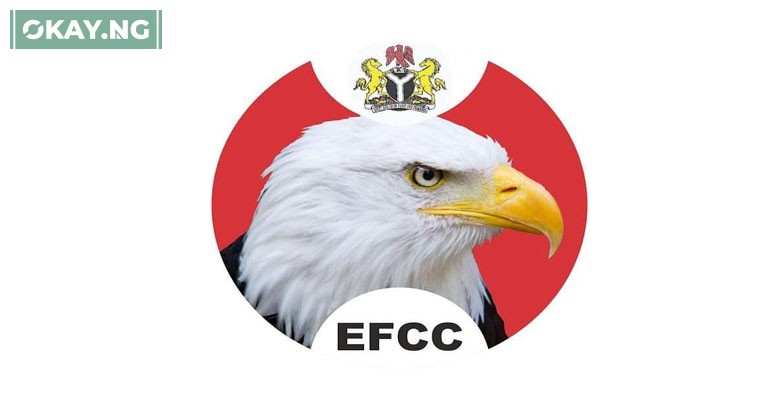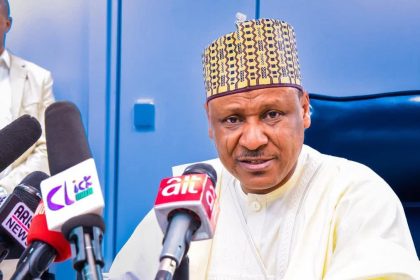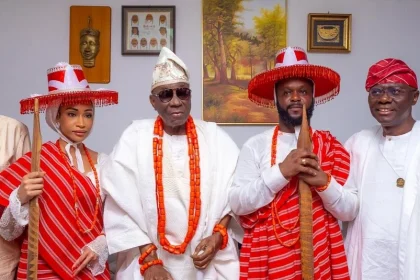The Economic and Financial Crimes Commission (EFCC) has issued a stern reminder to Nigerians on the dangers of procurement fraud, identifying it as one of the greatest threats to accountability and transparency in both public and private sectors.
In a post shared on its official X handle on Tuesday, the commission emphasized that procurement fraud remains at the core of Nigeria’s corruption woes. The EFCC recalled a statement made by its Chairman, Ola Olukoyede, in January 2025, where he revealed that “procurement and contract fraud accounted for more than 90 per cent of Nigeria’s corruption and fraud issues.”
Procurement fraud, according to the EFCC, involves deliberate deception in the award and execution of contracts for personal or organizational gain. The agency highlighted common tactics such as bid rigging, bribery, kickbacks, over-invoicing, and product substitution.
“Procurement fraud can occur in various industries, including government contracting, construction, and private sector purchasing. It can lead to financial losses, undermine trust, and damage reputations,” the EFCC warned.
The anti-graft body also reminded citizens that offenders face heavy sanctions under the Public Procurement Act (2007). Section 58 of the law prescribes “a term of imprisonment not less than five calendar years but not exceeding 10 calendar years without an option of fine.”
Beyond jail terms, corrupt officials risk dismissal from service, while implicated companies could face a five-year ban from public contracts in addition to fines of up to 25 percent of the fraudulent deal’s value.
okay.ng reports that the EFCC illustrated this point with the case of Chandra Singh, an Indian businessman, who was convicted for procurement fraud amounting to ₦816 million. Justice Ijelu, on February 27, 2025, sentenced him to 10 years’ imprisonment without the option of fine and further ordered restitution of ₦345 million to his victim.
“The fight against procurement fraud is a fight to safeguard public resources, promote fairness, and strengthen national development,” the commission concluded, urging Nigerians to remain vigilant and reject corrupt practices in contract dealings.







